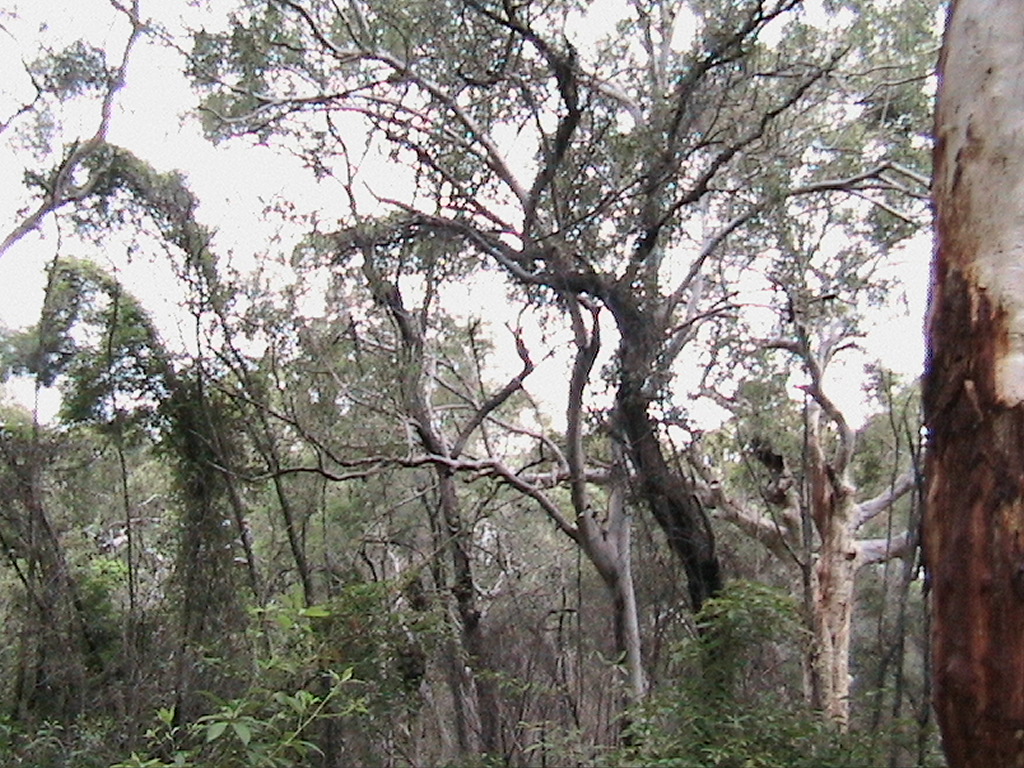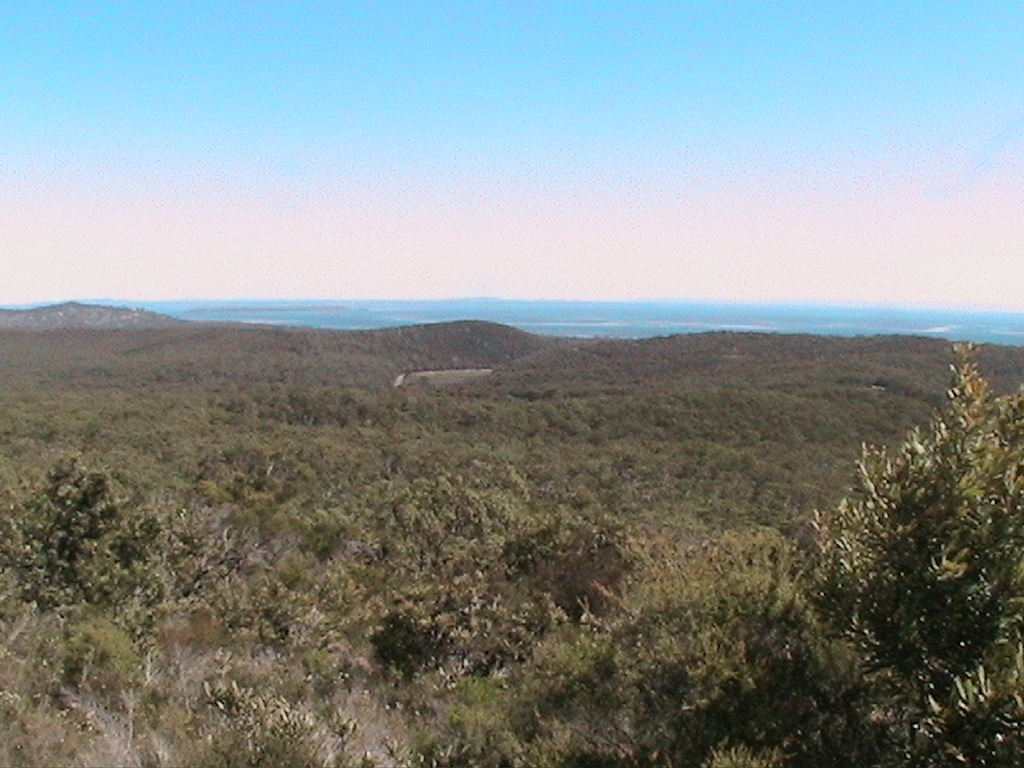My Transition to a Blue-Collar Job: A Cultural Shift in Communication
After dedicating three decades to a corporate environment, I recently embarked on an entirely new journey: my first blue-collar job. This transition has not only brought a fresh career experience but has also introduced me to a fascinating, and sometimes shocking, aspect of workplace culture.
The work itself is fulfilling—there’s a sense of pragmatism and satisfaction that comes from performing hands-on tasks in fluorescent workwear. However, what has truly surprised me is the distinctive way my colleagues communicate.
During a recent conversation about weekend activities, someone excitedly shared, “We went fishing and caught two fish that were as big as my arm!” While I might be exaggerating my astonishment, it’s not far from the truth. The casual use of profanity and informal expressions in regular dialogue is more prevalent than I expected. It’s a cultural hallmark that seems to color every fifth word, creating a vibrancy and camaraderie among the team.
I can’t help but wonder: Is this unique to my local environment, or is this a universal feature of blue-collar culture? Perhaps there’s an unfiltered honesty in this communication style that reflects a different relationship with the workplace and each other.
I’m genuinely enjoying this new chapter in my career and am eager to learn more about this linguistic phenomenon. Have you experienced a similar shift in communication style in your job? Let’s discuss in the comments!



